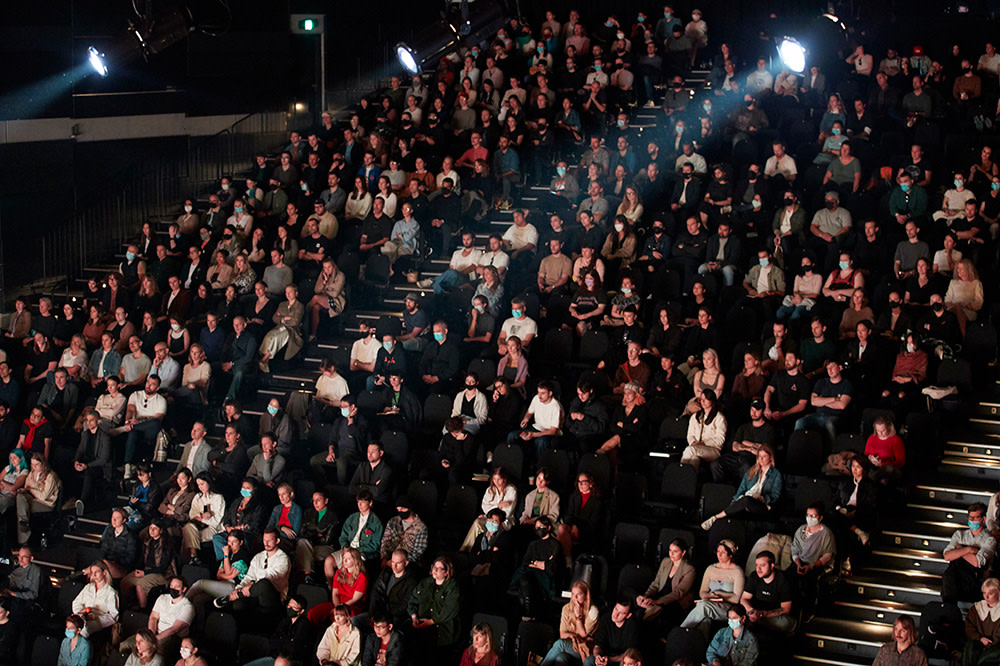Into the Metaverse
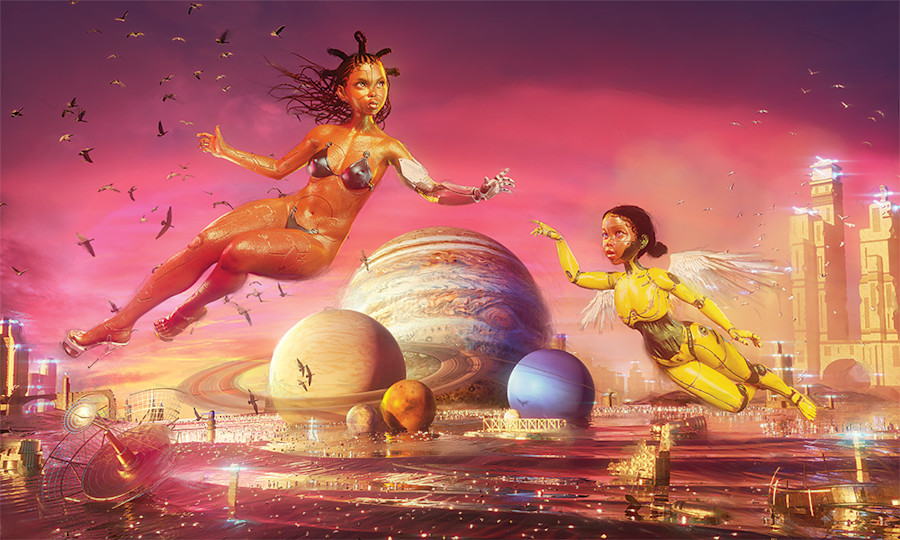
Whether you like it or not, the metaverse is coming. An accumulation of a decades worth of technology, acronyms, controversy and debate, it’s a catch-all term for a consciousness shift from our known physical reality to an unknown digital playground—one with its own currencies, governance structures, creative aesthetic, and imagined identities. But as we design and build this lawless reality, is there any hope for regulating it along the way?
The Metaverse: A virtual-reality space in which users can interact with a computer-generated environment and other users.
Web3: An idea for a new iteration of the World Wide Web based on blockchain technology, which incorporates concepts such as decentralisation and token-based economics
Blockchain: A shared, immutable ledger that facilitates the process of recording transactions and tracking assets in a network.
NFTs (Non Fungible Tokens): Cryptographic assets on a blockchain with unique identification codes and metadata that distinguish them from each other(most commonly known for verifying ownership of digital art).
Charting the opportunity
“This is probably going to impact all area areas of our lives over the next 10 to 20 years.”
Jason Juma-Ross
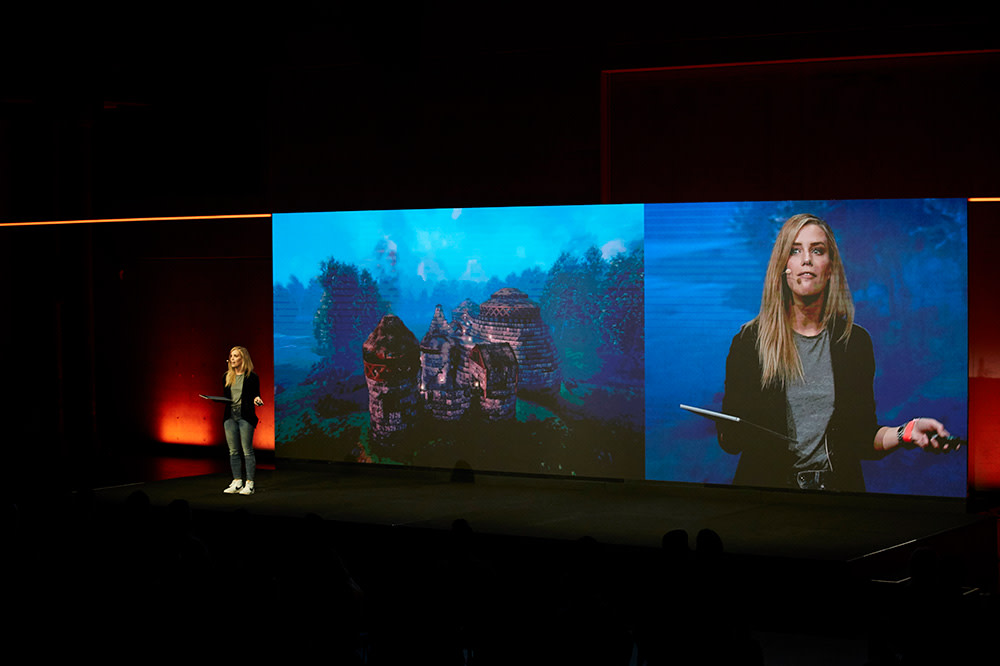
A new art industry
“It’s sick for a 300 year old auction house like Sotherby’s to come to Web3 artists and ask us ‘what do you want to do?’ We want to sell your work on your terms.”
Serwah Attafuah
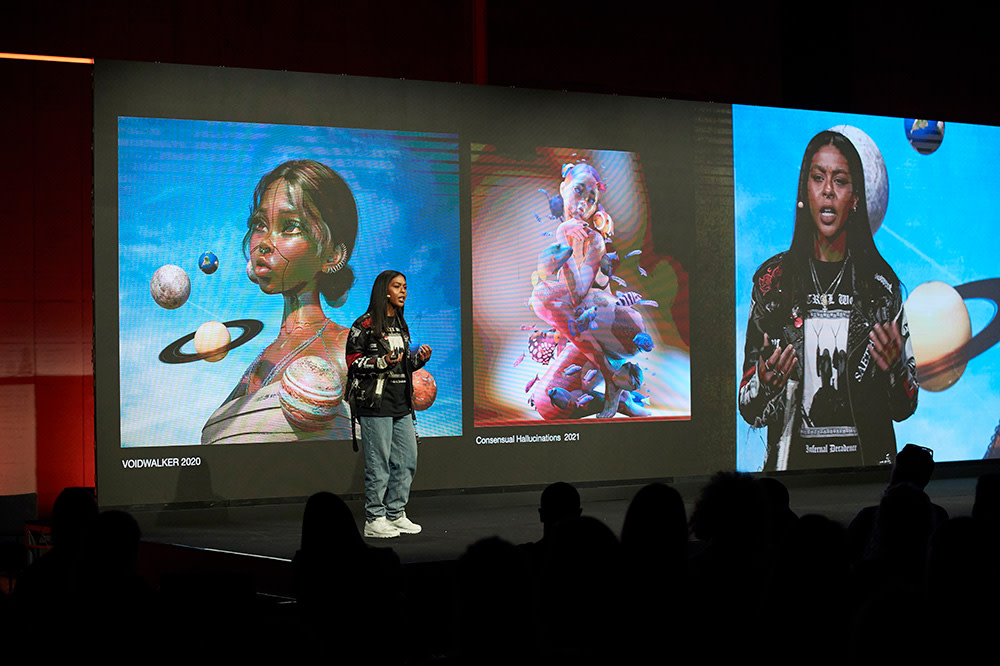
“Ultimately it really does benefit the artist and it does benefit the individual as far as having that proof of ownership.”
Emad Tahtouh
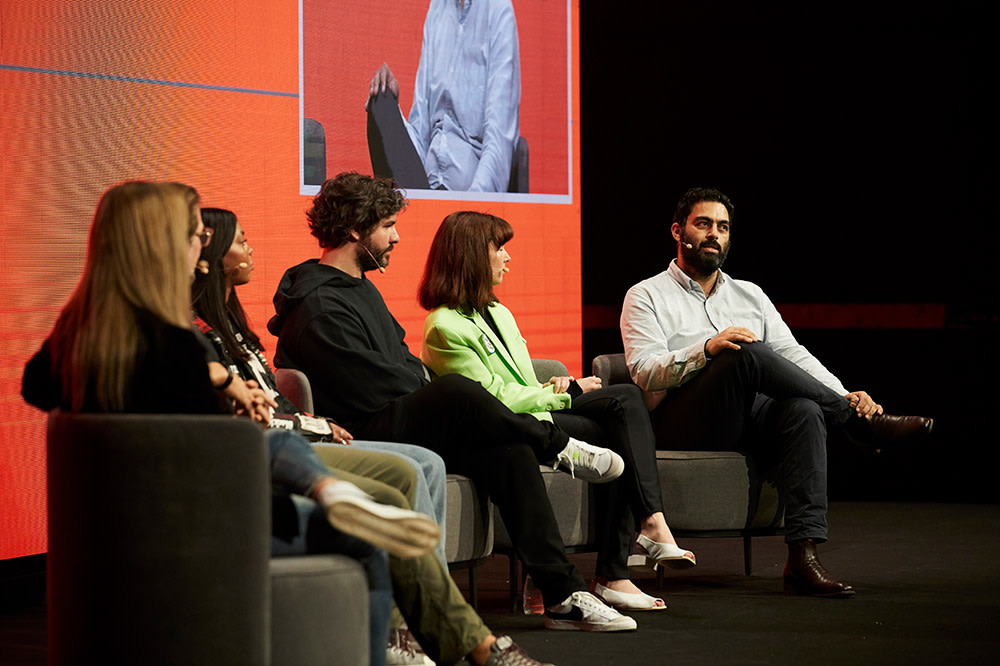
The broader implications
It is a chance for a little bit of redistribution of wealth. You look at a game like Fortnite, where people happily spend thousands on skins, and the money sits with the developer. Decentralised games allow you to distribute that. People want to invest in the game but they also want to invest in the economy.”
Emad Tahtouh
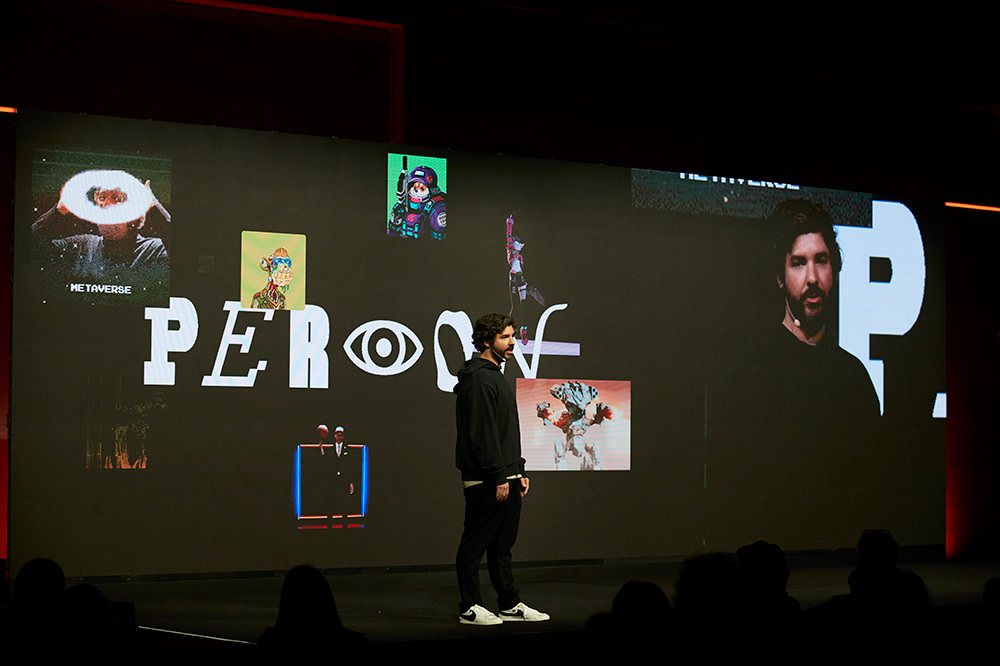
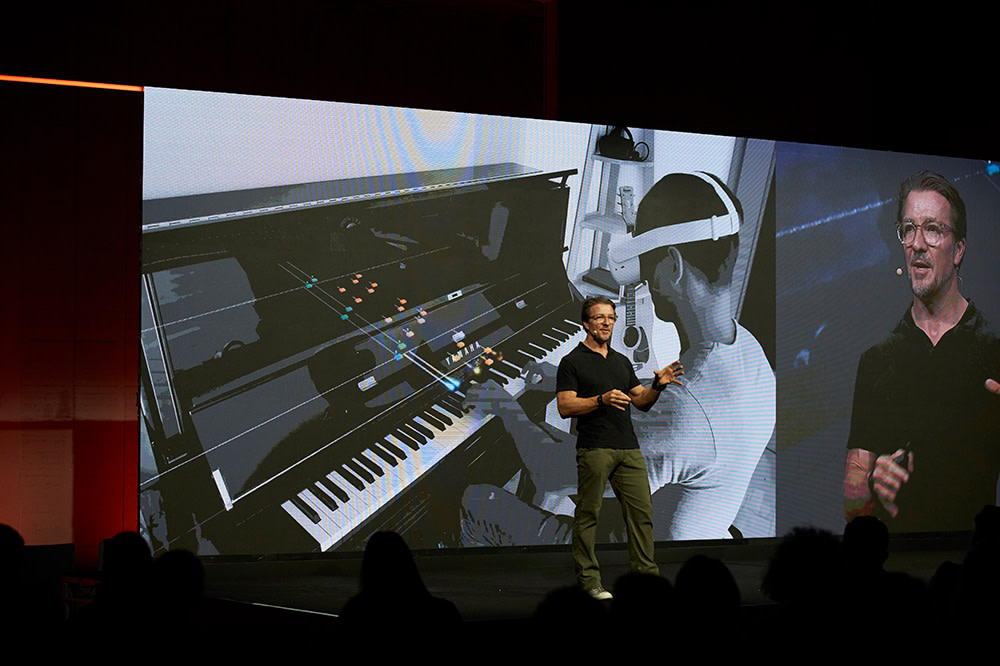
Addressing the challenges
“People stop fearing things once it becomes ubiquitous. Explaining blockchain is really hard. But I’d love to know how many people can explain how an internal combustion engine or manual transmission works. We just ask 'does this go fast?' And if so, I’ll take it.”
Emad Tahtouh
“I don't think we should be ashamed of [releasing NFTs]. Everyone’s like ‘you should feel weird about making money off your art’. What’s up with that?”
Serwah Attafuah
